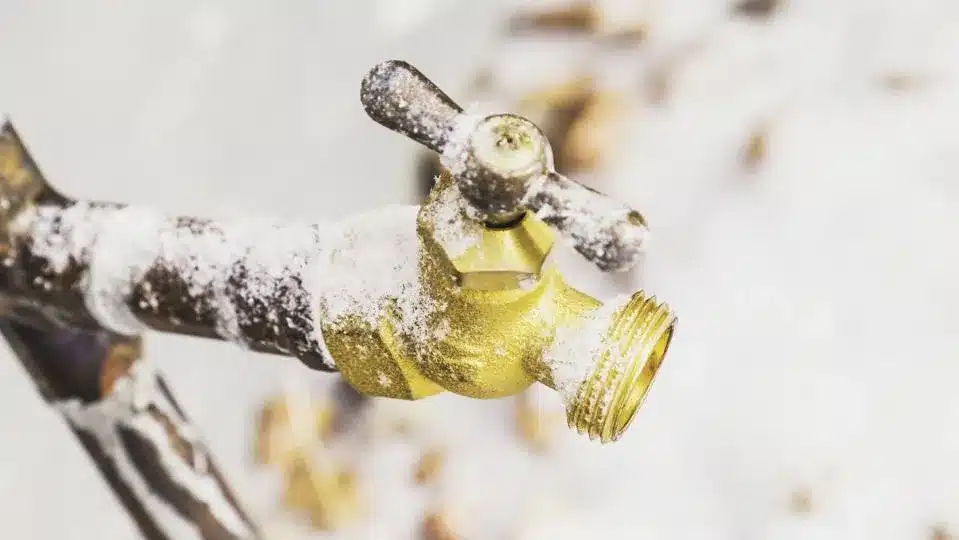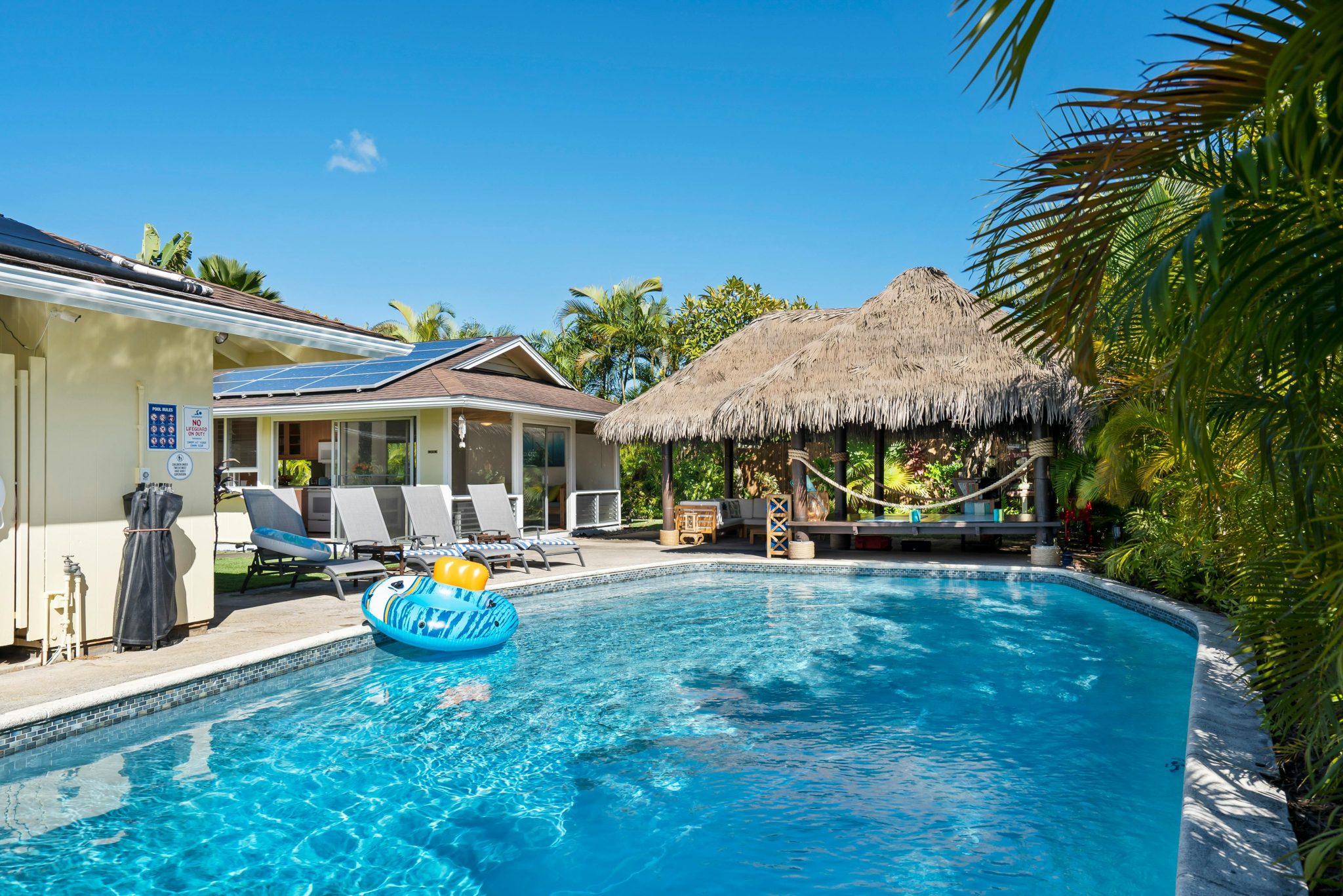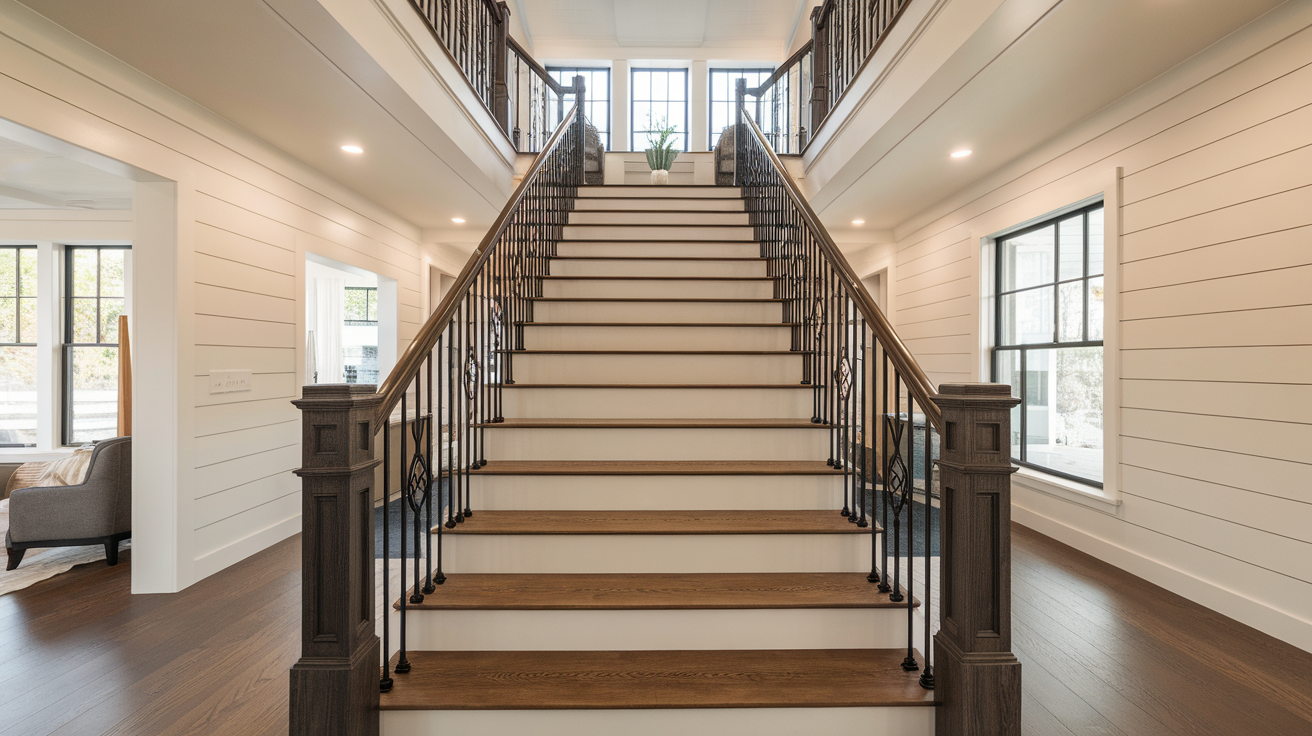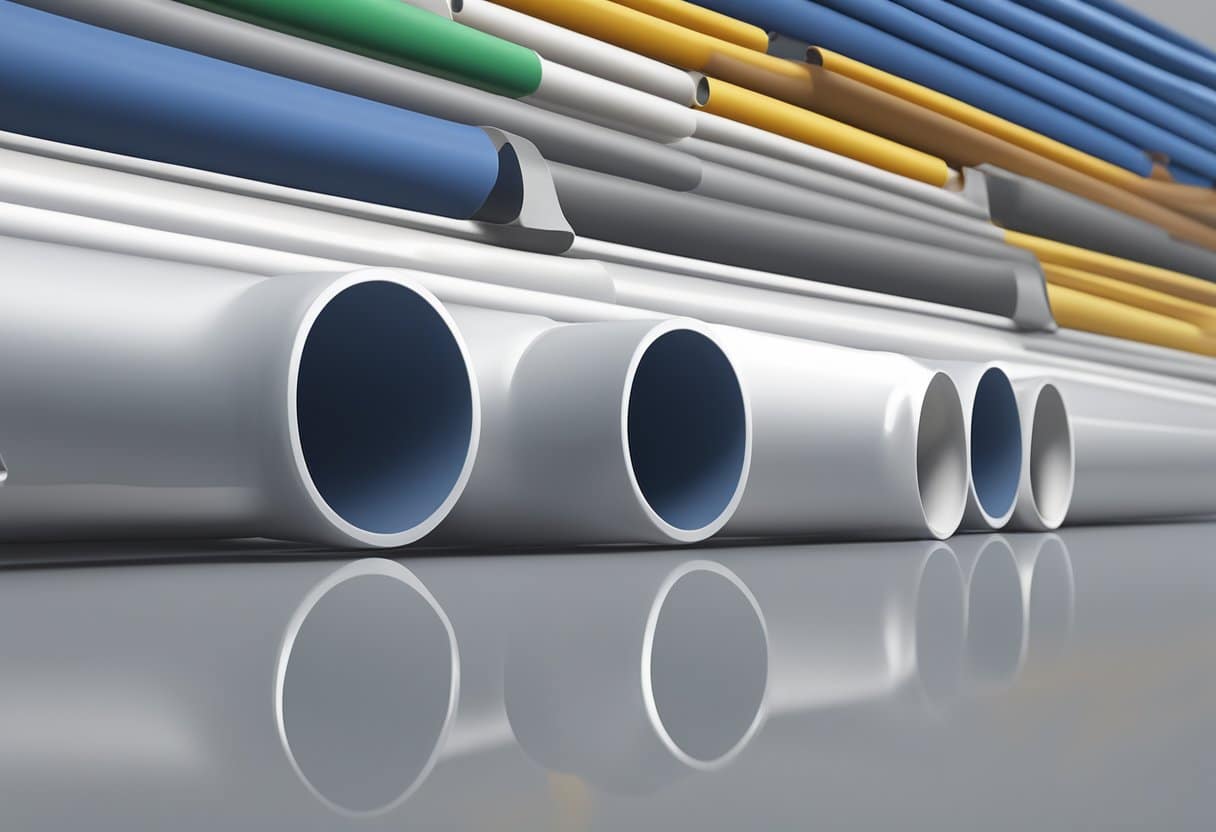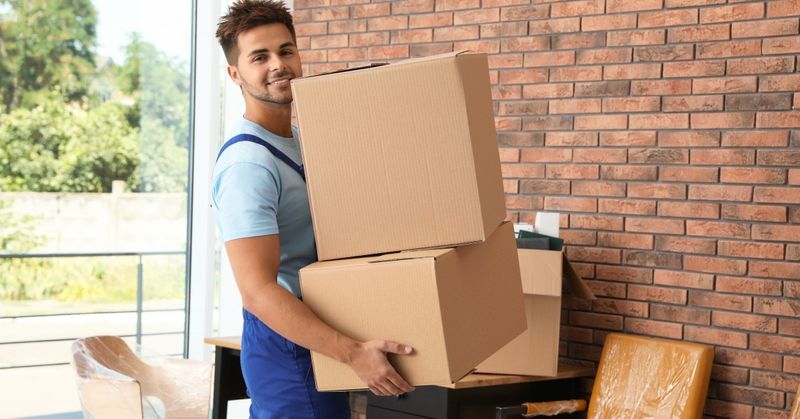How To Keep Your Pipes From Freezing (and What To Do If It Happens)
Winters in Colorado can be brutal. Freezing temperatures are common and this can cause problems for your water pipes. Your pipes can freeze and this can be a nightmare, especially if one or more bursts. Now you’re on the phone with a plumber Greenley, CO trying to schedule emergency repairs.
Emergency plumbing services are rarely inexpensive but did you know there’s a way you may be able to avoid this issue? By following a few simple steps you can protect your pipes from freezing temperatures and keep the water flowing.
How To Keep Your Pipes From Freezing
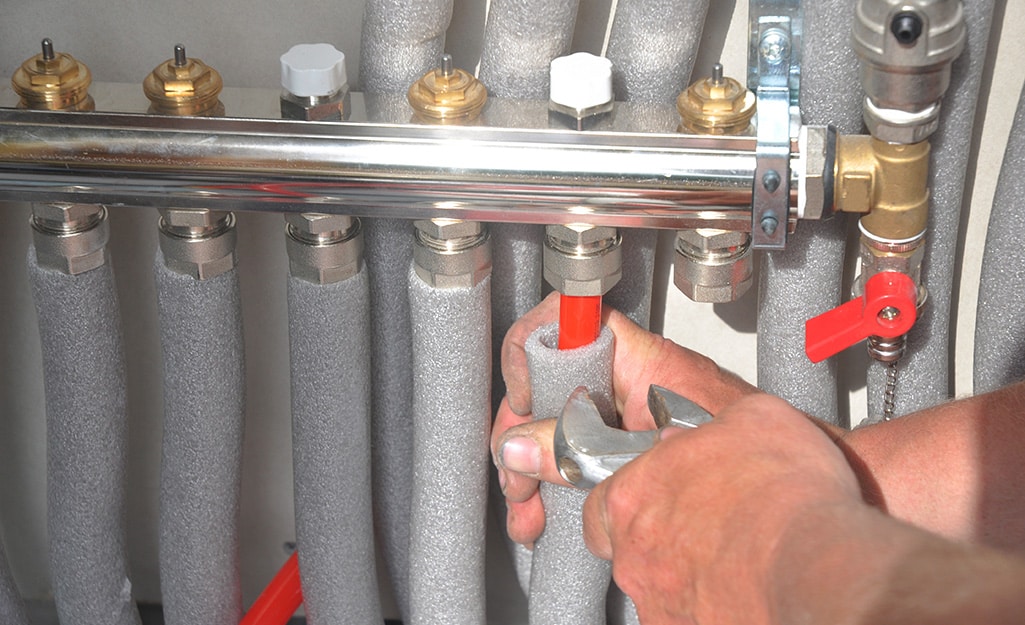
Hopefully, your fall maintenance chores include draining and storing your garden hoses. If so, you’re off to a good start.
The fall is also the perfect time to seal any drafts around outdoor water fixtures, like the sprocket you use for your garden hose. Sealing off drafts not only helps improve your home’s energy efficiency, it also works to prevent pipes from freezing.
Go ahead and drain your irrigation system, You don’t want these lines to freeze and burst. If you have pipes that aren’t insulated, make a trip to your local home improvement store. You’re looking for a pipe sleeve, which is an insulated covering you slip over pipes to provide insulation from the cold.
Tackling these chores in the fall is easier than waiting for winter. You can avoid the frigid temperatures and relax indoors knowing your pipes are almost ready for winter.
Steps for Protecting Your Pipes
Okay, you handled your fall maintenance tasks and are waiting for freezing temperatures to hit. So, what do you do to protect your pipes when temperatures fall well below freezing?
The first step is to check your thermostat’s settings. Chances are you’re keeping your house above 55 degrees in the winter. If not, raise the thermostat’s setting to at least 55 degrees. You don’t need to run up your energy bill to prevent your pipes from freezing but you do need to keep the house warm.
Locate your main water valve. Your water valve is usually located at the point where the water enters your house. Try looking in the garage or basement. If you can’t find the valve, you may need to call a plumber. The location of your main valve is something every homeowner should know.
You’re also going to need to know where the main valve is if your pipes freeze, which is where you shut off the water and a plumber can fix your pipes.
Let the faucet furthest away from the main valve drip. You want to open the faucet just a little to let water flow through the pipes. Since this is the faucet furthest away, water is moving throughout your plumbing system. Moving water freezes more slowly, if at all, compared to standing water.
If you haven’t used the pipe sock on your uninsulated pipes, now’s the time to slide it on. Open all cupboards with pipes underneath, as this allows warm air from the home to circulate around the pipes. If you follow these steps, you’re well on your way to preventing your pipes from freezing.
What To Do If Your Pipes Freeze
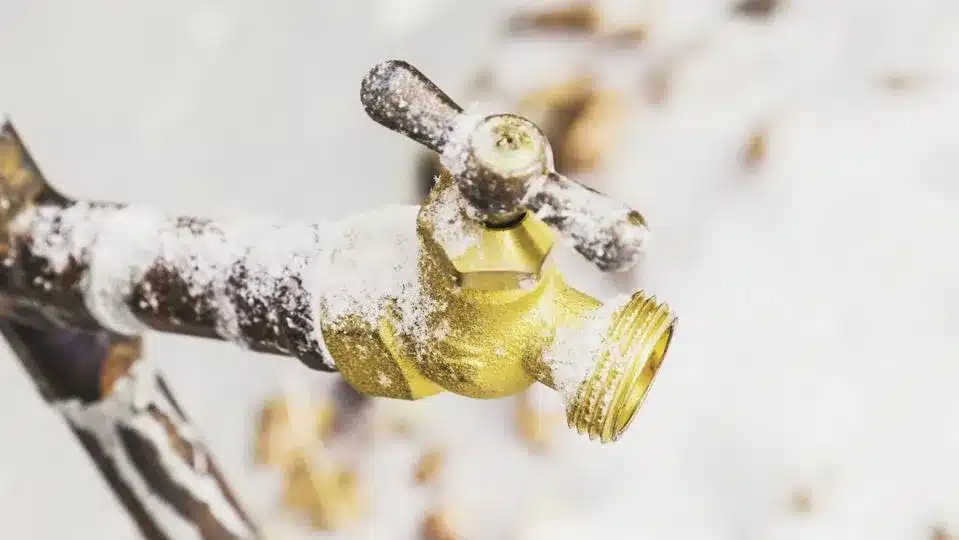
Sometimes, even taking every precaution isn’t enough to keep your pipes from freezing. If this happens, head to the main valve and shut the water off.
You can try to thaw the water frozen inside the pipe with a hair dryer. Don’t put the hair dryer directly against the pipe. You don’t want the frozen water inside to start boiling. If it does, your pipes will probably burst.
When the ice starts melting, turn the main valve back on. Open a faucet just enough to let water trickle out. Remember, you want to take everything slowly when you’re dealing with frozen pipes. Rushing the process only leads to more issues.
You’re also going to want to walk around the house and check all of your pipes and joints for any cracks or leaks. Even a tiny crack can quickly turn into a large leak. If you do discover any leaks or cracks, call a professional plumber for repairs.
Call a Plumber For Professional Help
If you can’t find where your pipes froze or you can’t thaw them out, it’s time to call a plumber. Some plumbing problems you can handle on your own, but when it comes to frozen pipes, it’s best to rely on the experts. The last thing you want to do is make the problem worse, especially in the winter.
Professional plumbers have the experience and tools necessary to safely and effectively thaw frozen pipes, preventing potential bursts and extensive damage. Trusting a professional ensures your plumbing system is properly maintained, giving you peace of mind during the colder months.

